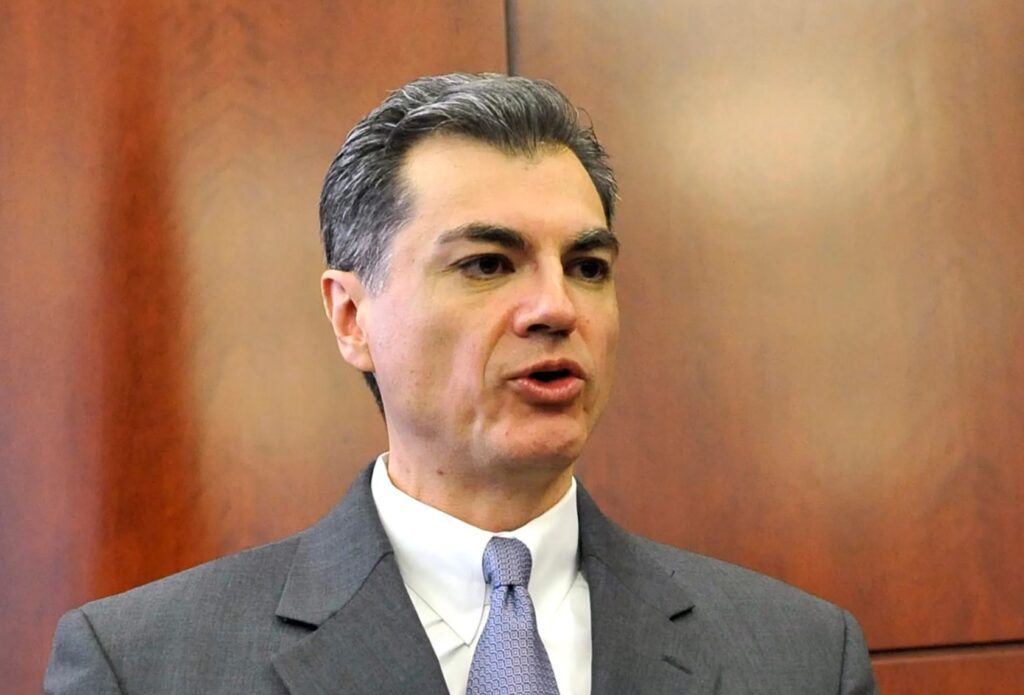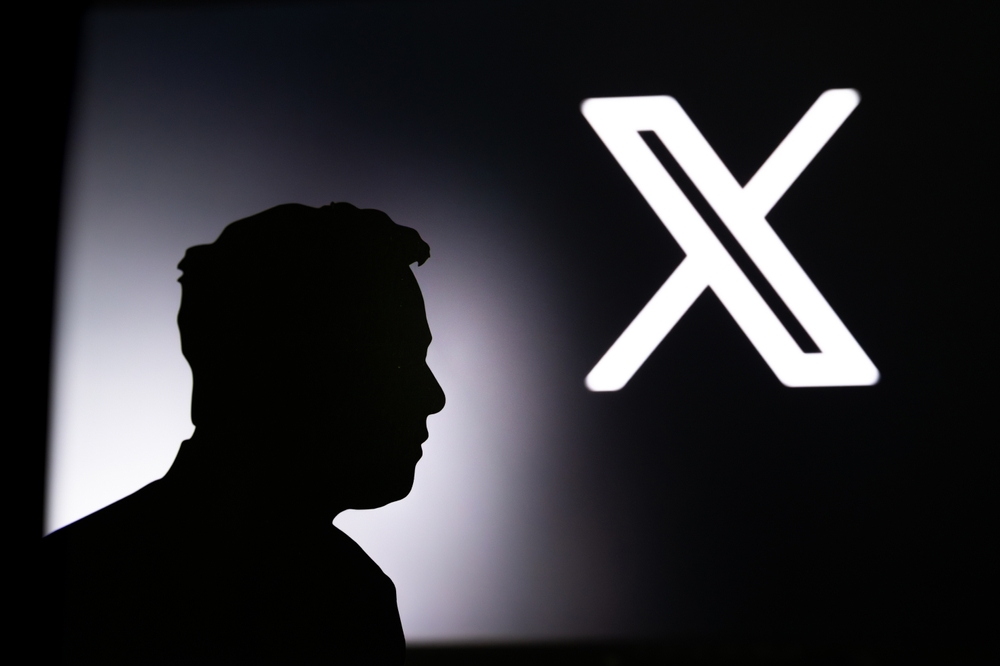
P. ‘Diddy’ Combs Speaks Out for First Time Since His Homes Were Raided for Human Trafficking
P. ‘Diddy’ Combs recently departed the country on his private jet amid multiple raids on…

Donald Trump Hit with Another Gag Order After Blasting Judge and His Daughter
A New York judge imposed a gag order on Tuesday prohibiting Donald Trump from making…

NYC’s Illegal Aliens Now Receive More Benefits Than US Veterans: PrePaid Debit Cards, Hotels, Free HealthCare
New York City has begun doling out prepaid debit cards for illegal migrants as part…

’60 Minutes’ Failed To Disclose ‘Misinformation’ Researcher is Left-Wing Activist and Biden Donor
CBS’ “60 Minutes” failed to disclose that a prominent “misinformation” researcher it featured on its…

Baltimore Bridge Collapses After Ship Crash, Search for Survivors Ongoing Amid Mass Casualty Event
The Francis Scott Key Bridge in Baltimore, Maryland, collapsed early Tuesday morning after a cargo…

Judge Throws Out Elon Musk’s X’s Lawsuit Against Pro-Censorship Group
A federal judge in California on Monday tossed billionaire Elon Musk’s X’s lawsuit against pro-censorship…

Private Jet Owned by Sean “P. Diddy” Combs Has Left the US After DHS Raids
Sean “Diddy” Combs has appeared to have left the country amid multiple federal raids on…

DHS Conducts Raid on Los Angeles Home Linked to Rapper Sean ‘Diddy’ Combs
The Department of Homeland Security on Monday launched a raid on a Holmby Hills house…

Biden Releases Most Illegal Aliens Who Stormed Texas Border into the United States: Report
Many of the illegal aliens who were captured on video storming an El Paso border…

Welcome to MSNBC: Ronna McDaniel Reportedly ‘Banned from Air’ After One Appearance on Far-Left Network
Welcome to MSNBC, Ronna. Just days after jumping the sinking ship at the Republican National…
- « Previous Page
- 1
- …
- 11
- 12
- 13
- 14
- 15
- …
- 32
- Next Page »